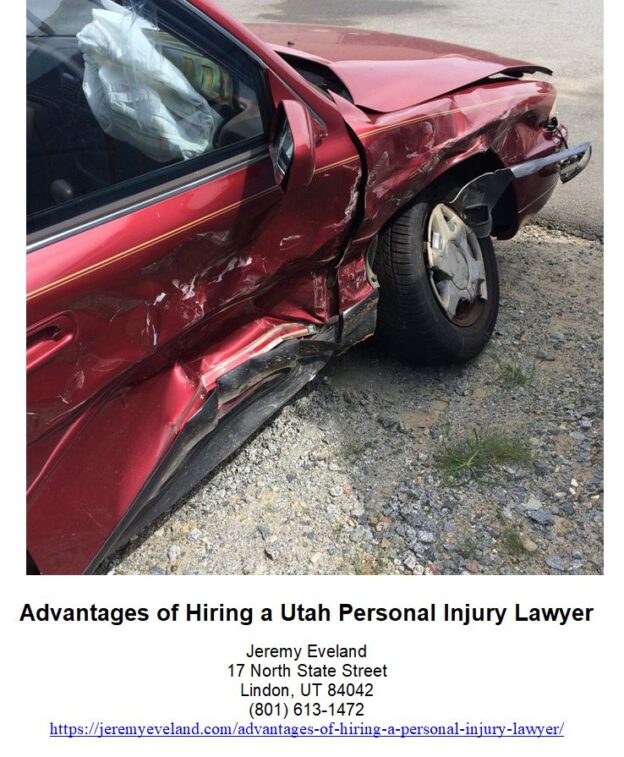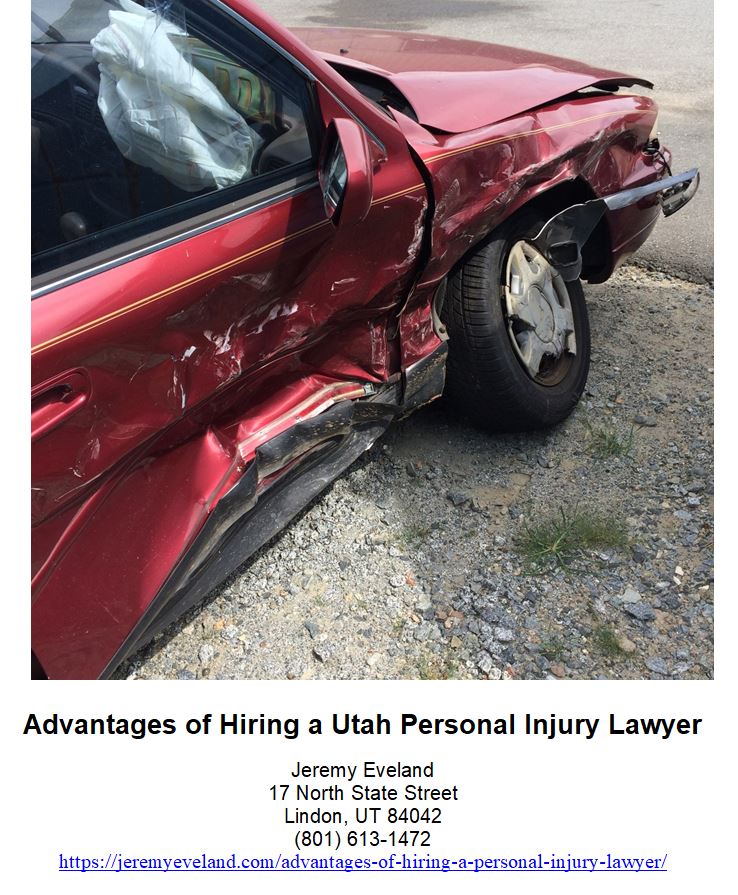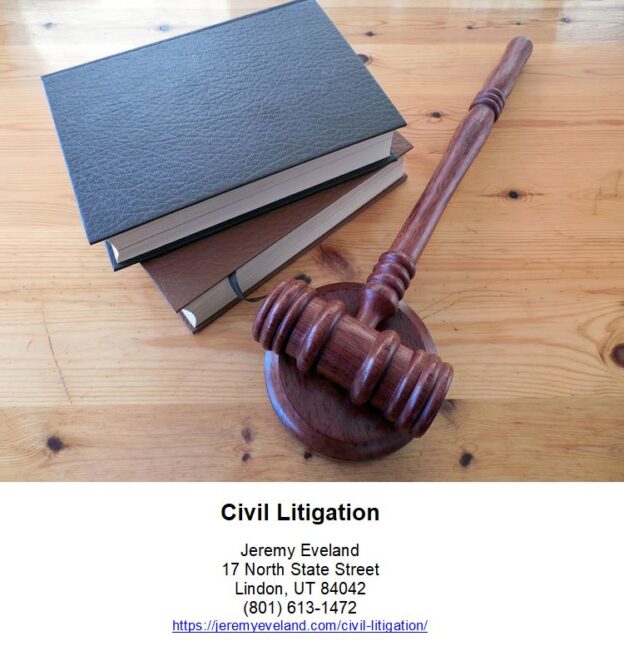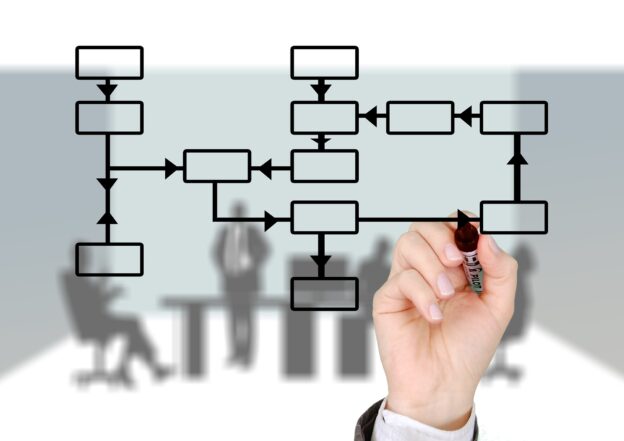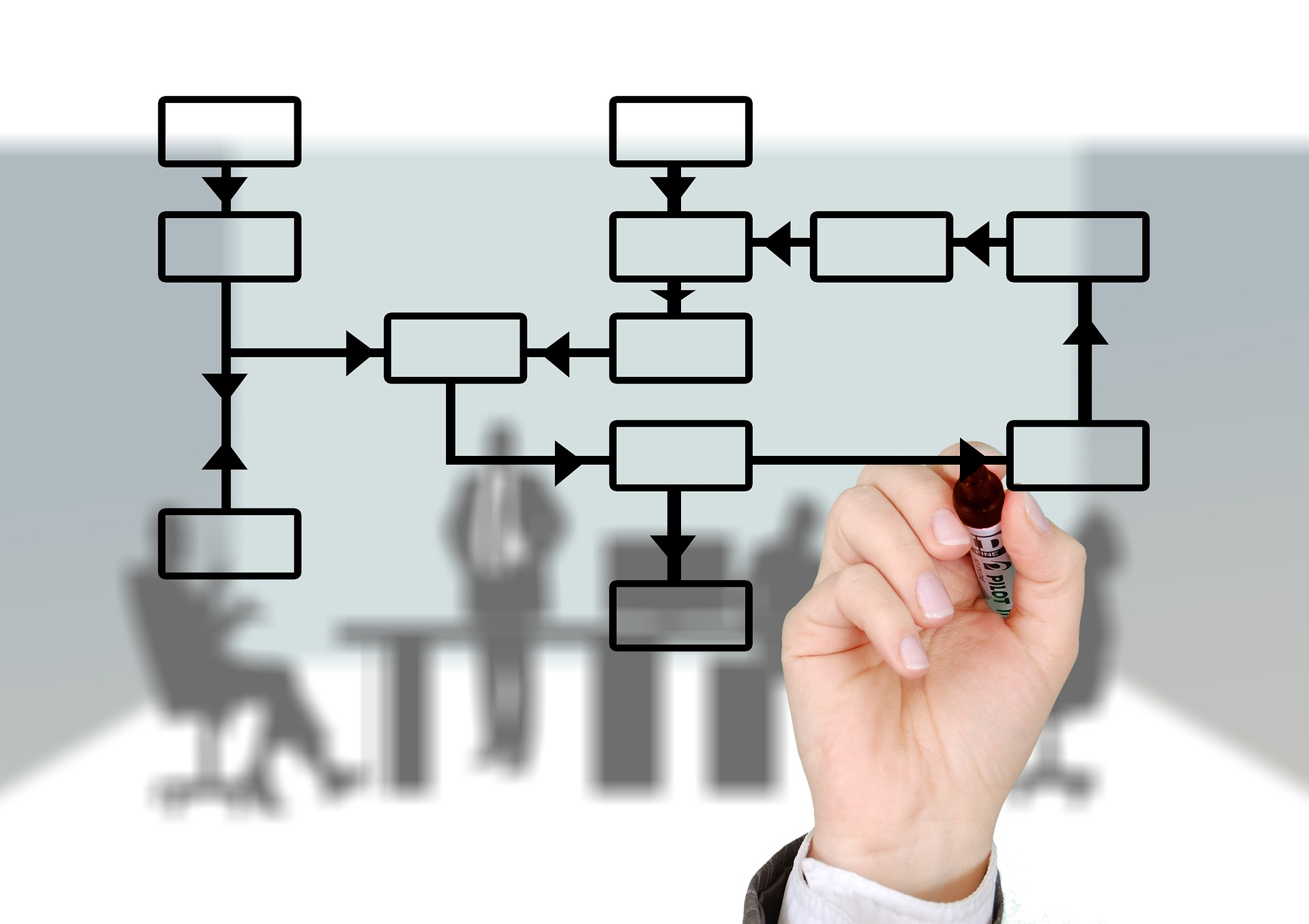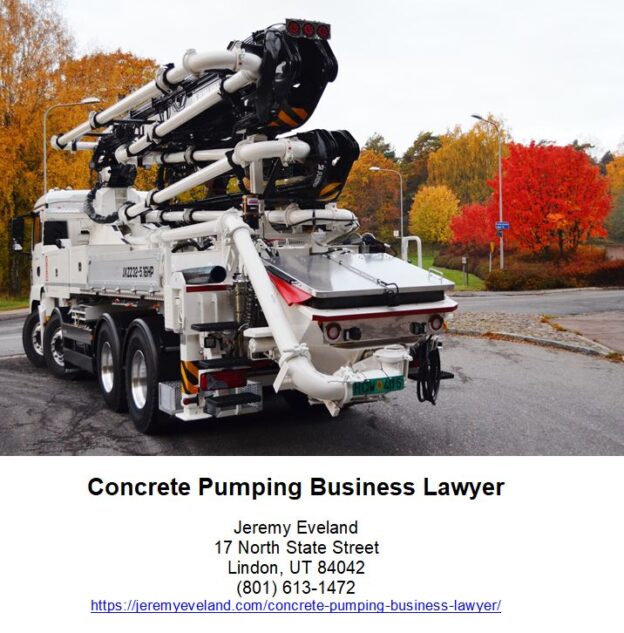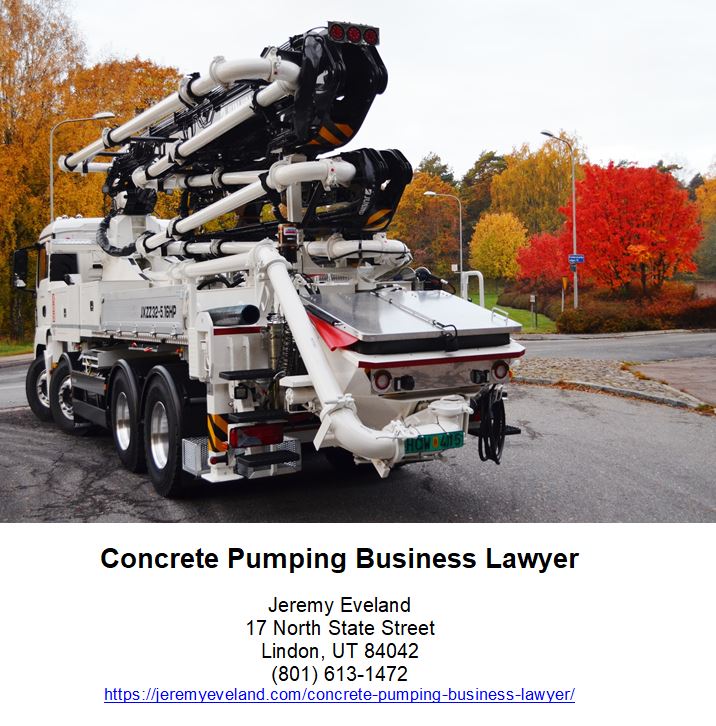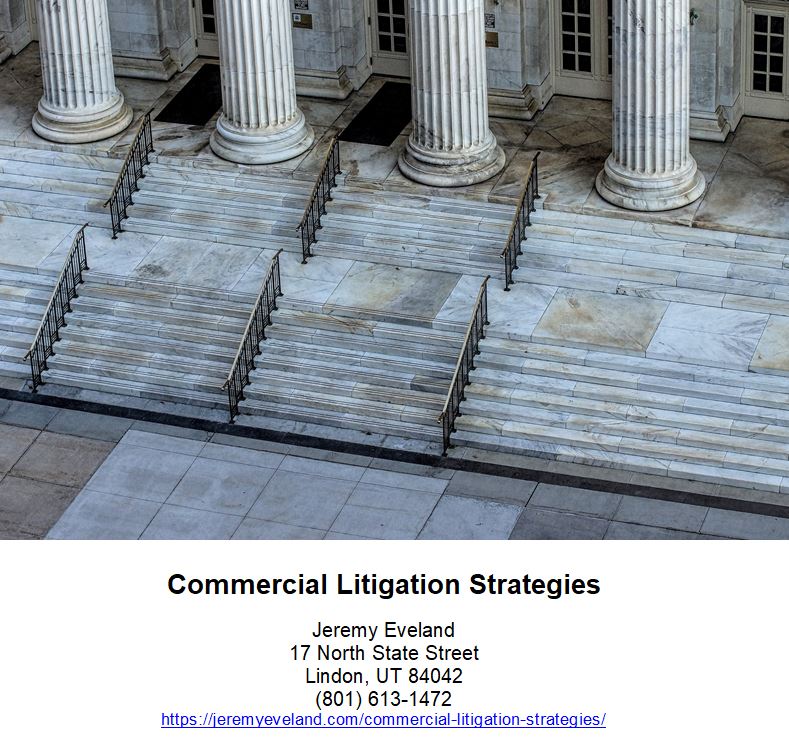-
Attorney at Law
- Introduction
- The Advantages of Hiring a Business Lawyer in Millcreek Utah
- What to Expect When Working with a Business Lawyer in Millcreek Utah
- Understanding the Different Types of Business Law in Millcreek Utah
- Common Business Law Issues in Millcreek Utah
- The Benefits of Working with a Business Lawyer in Millcreek Utah
- How to Choose the Right Business Lawyer in Millcreek Utah
“Secure Your Business with Professional Business Lawyer Services in Millcreek, Utah!”
Introduction
Welcome to Business Lawyer Millcreek Utah! We are a full-service law firm dedicated to providing comprehensive legal services to businesses in the Millcreek area. Our experienced attorneys have a deep understanding of the legal issues that businesses face and are committed to providing the highest quality legal advice and representation. We specialize in a wide range of business law matters, including contract drafting and review, business formation and dissolution, intellectual property protection, employment law, and more. Our attorneys are committed to providing personalized legal services tailored to the unique needs of each client. We strive to provide the highest level of legal representation and to ensure that our clients’ interests are always protected. We look forward to helping you with all of your business law needs.
The Advantages of Hiring a Business Lawyer in Millcreek Utah
Hiring a business lawyer in Millcreek, Utah can be a great asset to any business. A business lawyer can provide invaluable advice and guidance on a variety of legal matters, from contract negotiations to dispute resolution. Here are some of the advantages of hiring a business lawyer in Millcreek, Utah:
1. Expertise: Business lawyers in Millcreek, Utah have a deep understanding of the laws and regulations that govern businesses in the state. They can provide advice on how to comply with the law and protect your business from potential legal issues.
2. Experience: Business lawyers in Millcreek, Utah have years of experience in dealing with a variety of legal matters. This experience can be invaluable when it comes to navigating the complexities of the legal system.
3. Cost Savings: Hiring a business lawyer in Millcreek, Utah can save you money in the long run. A business lawyer can help you avoid costly legal mistakes and ensure that your business is in compliance with the law.
4. Negotiation Skills: Business lawyers in Millcreek, Utah have the skills and experience to negotiate on your behalf. They can help you get the best possible outcome in any legal dispute or negotiation.
5. Representation: Business lawyers in Millcreek, Utah can provide representation in court if necessary. This can be invaluable if your business is involved in a lawsuit or other legal dispute.
Hiring a business lawyer in Millcreek, Utah can be a great asset to any business. A business lawyer can provide invaluable advice and guidance on a variety of legal matters, from contract negotiations to dispute resolution. With their expertise, experience, cost savings, negotiation skills, and representation, business lawyers in Millcreek, Utah can be a valuable asset to any business.
What to Expect When Working with a Business Lawyer in Millcreek Utah
When working with a business lawyer in Millcreek Utah, you can expect a professional and knowledgeable legal partner who is dedicated to helping you achieve your business goals. Your lawyer will provide you with sound legal advice and guidance, as well as represent you in any legal matters that may arise.
Your lawyer will take the time to understand your business and its needs, as well as the legal issues that may arise. They will provide you with advice on how to best protect your business and its assets, as well as how to navigate the legal system. Your lawyer will also help you draft contracts, review documents, and provide guidance on any other legal matters that may arise.
Your lawyer will also be available to answer any questions you may have and provide you with the resources you need to make informed decisions. They will also be available to represent you in court if necessary.
When working with a business lawyer in Millcreek Utah, you can expect a professional and knowledgeable legal partner who is dedicated to helping you achieve your business goals. Your lawyer will provide you with sound legal advice and guidance, as well as represent you in any legal matters that may arise. With their help, you can rest assured that your business is in good hands.
Understanding the Different Types of Business Law in Millcreek Utah
Business law in Millcreek, Utah, is a complex and ever-evolving field of law that governs the formation, operation, and dissolution of businesses. It is important for business owners to understand the different types of business law in order to ensure compliance with applicable laws and regulations.
The first type of business law in Millcreek, Utah, is contract law. This type of law governs the formation and enforcement of contracts between two or more parties. It is important for business owners to understand the basics of contract law in order to ensure that their contracts are legally binding and enforceable.
The second type of business law in Millcreek, Utah, is corporate law. This type of law governs the formation, operation, and dissolution of corporations. It is important for business owners to understand the basics of corporate law in order to ensure that their business is properly structured and compliant with applicable laws and regulations.
The third type of business law in Millcreek, Utah, is employment law. This type of law governs the relationship between employers and employees. It is important for business owners to understand the basics of employment law in order to ensure that their employees are treated fairly and in accordance with applicable laws and regulations.
The fourth type of business law in Millcreek, Utah, is intellectual property law. This type of law governs the protection of intellectual property, such as trademarks, copyrights, and patents. It is important for business owners to understand the basics of intellectual property law in order to ensure that their intellectual property is properly protected.
The fifth type of business law in Millcreek, Utah, is tax law. This type of law governs the taxation of businesses and individuals. It is important for business owners to understand the basics of tax law in order to ensure that their taxes are properly calculated and paid.
By understanding the different types of business law in Millcreek, Utah, business owners can ensure that their businesses are properly structured and compliant with applicable laws and regulations. This will help to protect their businesses and ensure their success.
Common Business Law Issues in Millcreek Utah
Millcreek, Utah is a city located in Salt Lake County and is home to a variety of businesses. As such, business owners in Millcreek must be aware of the various legal issues that may arise in the course of their operations. The following are some of the most common business law issues in Millcreek, Utah:
1. Business Formation: Business owners in Millcreek must decide which type of business entity is best suited for their operations. This includes selecting the appropriate business structure, such as a sole proprietorship, partnership, limited liability company (LLC), or corporation. Each of these business structures has its own advantages and disadvantages, and business owners should consult with an attorney to determine which is best for their particular situation.
2. Contracts: Business owners in Millcreek must be aware of the importance of contracts in their operations. Contracts are legally binding documents that outline the rights and obligations of the parties involved. It is important to ensure that all contracts are properly drafted and reviewed by an attorney to ensure that they are enforceable and protect the interests of the business.
3. Employment Law: Business owners in Millcreek must be aware of the various employment laws that apply to their operations. This includes laws related to wages, hours, overtime, discrimination, and other workplace issues. It is important to ensure that all employees are treated fairly and in accordance with the law.
4. Intellectual Property: Business owners in Millcreek must be aware of the various intellectual property laws that apply to their operations. This includes laws related to copyrights, trademarks, patents, and trade secrets. It is important to ensure that all intellectual property is properly protected and that any infringement is addressed promptly.
5. Taxation: Business owners in Millcreek must be aware of the various tax laws that apply to their operations. This includes laws related to income tax, sales tax, and other taxes. It is important to ensure that all taxes are paid on time and in accordance with the law.
By understanding the various business law issues that may arise in Millcreek, Utah, business owners can ensure that their operations are conducted in a legal and compliant manner. It is important to consult with an experienced attorney to ensure that all legal issues are properly addressed.
The Benefits of Working with a Business Lawyer in Millcreek Utah
Working with a business lawyer in Millcreek Utah can be a great asset to any business. A business lawyer can provide invaluable advice and guidance on a variety of legal matters, from contract negotiations to dispute resolution. Here are some of the benefits of working with a business lawyer in Millcreek Utah.
1. Expertise: Business lawyers in Millcreek Utah have a wealth of experience and knowledge in the field of business law. They can provide advice on a wide range of legal matters, from contract negotiations to dispute resolution. They can also help you understand the legal implications of any decisions you make, ensuring that your business is compliant with all applicable laws.
2. Cost Savings: Working with a business lawyer in Millcreek Utah can save you money in the long run. By having a lawyer on your side, you can avoid costly legal mistakes and disputes. This can save you time and money in the long run, as well as helping to protect your business from potential legal issues.
3. Professional Representation: Working with a business lawyer in Millcreek Utah can provide you with professional representation in court. This can be invaluable if you are involved in a dispute or lawsuit. A business lawyer can provide you with the legal advice and representation you need to ensure that your rights are protected.
4. Peace of Mind: Working with a business lawyer in Millcreek Utah can provide you with peace of mind. Knowing that you have a professional on your side can help to reduce stress and worry, allowing you to focus on running your business.
By working with a business lawyer in Millcreek Utah, you can ensure that your business is compliant with all applicable laws and regulations. This can help to protect your business from potential legal issues and disputes. In addition, a business lawyer can provide invaluable advice and guidance on a variety of legal matters, from contract negotiations to dispute resolution. Working with a business lawyer in Millcreek Utah can provide you with the peace of mind and cost savings you need to ensure the success of your business.
How to Choose the Right Business Lawyer in Millcreek Utah
When it comes to choosing the right business lawyer in Millcreek, Utah, it is important to take the time to find the right fit for your business. A business lawyer can provide invaluable advice and guidance on a variety of legal matters, from contract negotiations to dispute resolution. Here are some tips to help you find the right business lawyer in Millcreek, Utah:
1. Research: Take the time to research the different business lawyers in Millcreek, Utah. Look for reviews and testimonials from past clients to get an idea of the lawyer’s experience and expertise.
2. Experience: Make sure the lawyer you choose has experience in the specific area of law that you need help with. For example, if you are looking for help with contract negotiations, make sure the lawyer has experience in this area.
3. Communication: Make sure the lawyer you choose is someone you can communicate with easily. You should be able to explain your legal needs and have the lawyer explain the legal process in a way that you can understand.
4. Fees: Ask about the lawyer’s fees and payment options. Make sure you understand the payment structure and that it is within your budget.
5. References: Ask for references from past clients. This will give you an idea of the lawyer’s experience and how satisfied past clients were with their services.
By taking the time to research and find the right business lawyer in Millcreek, Utah, you can ensure that you get the legal advice and guidance you need to protect your business.
Business Law Essentials You Need To Know
As a business owner, understanding the basics of business law is essential to protect your business from legal problems that can arise. In this article, we will discuss the most important aspects of business law that you need to know.
Types of Business Entities
Before starting a business, you must choose the right type of entity. There are four common types of business entities: sole proprietorship, partnership, corporation, and limited liability company (LLC).
Sole Proprietorship
A sole proprietorship is an unincorporated business owned by one person. This type of entity has the advantage of being easy to set up and manage. However, the owner is personally liable for all debts and legal issues related to the business.
Partnership
A partnership is a business owned by two or more people. There are two types of partnerships: general partnerships and limited partnerships. In a general partnership, all partners are personally liable for the debts and legal issues of the business. In a limited partnership, there is at least one general partner who is personally liable, and one or more limited partners whose liability is limited to their investment in the business.
Corporation
A corporation is a separate legal entity from its owners. It offers limited liability protection to its shareholders, meaning that they are not personally liable for the debts and legal issues of the business. However, corporations are subject to double taxation on their profits.
Limited Liability Company (LLC)
An LLC offers the same limited liability protection as a corporation, but with more flexibility in terms of management and taxation. LLCs also have the advantage of being relatively easy and inexpensive to set up.
Corporate Governance
Corporate governance refers to the systems and processes by which a company is directed and controlled. The key players in corporate governance are the board of directors, shareholders, and officers.
Board of Directors
The board of directors is responsible for overseeing and directing the affairs of the company. They are elected by the shareholders and typically serve for a term of one to three years.
Shareholders
Shareholders own a portion of the company and have the right to vote on important matters such as the election of the board of directors and major business decisions.
Officers
Officers are responsible for the day-to-day operations of the company. They report to the board of directors and are typically appointed by them.
Contracts
Contracts are essential to any business transaction. A contract is a legally binding agreement between two or more parties. To be enforceable, a contract must meet certain requirements.
Elements of a Contract
There are four essential elements of a contract: offer, acceptance, consideration, and mutual assent. Offer refers to a proposal made by one party to another. Acceptance refers to the agreement of the other party to the proposal. Consideration refers to something of value exchanged between the parties. Mutual assent refers to the agreement of both parties to the terms of the contract.
Breach of Contract
If one party fails to fulfill their obligations under a contract, it is considered a breach of contract. The injured party may be entitled to damages, which can include monetary compensation or specific performance (forcing the breaching party to fulfill their obligations).
Remedies for Breach of Contract
There are several remedies available for breach of contract, including compensatory damages, consequential damages, and punitive damages. Compensatory damages are awarded to compensate the injured party for their losses. Consequential damages are awarded for losses that were not directly caused by the breach but were a foreseeable result. Punitive damages are awarded to punish the breaching party for their actions.
Intellectual Property
Intellectual property refers to creations of the mind, such as inventions, artistic works, and symbols. There are three main types of intellectual property: patents, trademarks, and copyrights.
Patents
A patent is a legal protection for an invention. It gives the inventor the exclusive right to make, use, and sell the invention for a certain period of time (usually 20 years from the date of filing). In order to be granted a patent, the invention must meet certain criteria such as novelty and non-obviousness.
Trademarks
A trademark is a symbol, word, or phrase that is used to identify and distinguish a company’s goods or services from those of others. Trademark protection gives the owner the exclusive right to use the mark in connection with their products or services.
Copyrights
A copyright is a legal protection for original works of authorship, such as books, music, and software. Copyright protection gives the owner the exclusive right to reproduce, distribute, and display the work.
Employment Law
Employment law governs the relationship between employers and employees. As a business owner, it is important to understand your obligations and responsibilities under employment law.
Hiring Process
The hiring process includes several steps such as job postings, interviews, background checks, and reference checks. It is important to follow all applicable laws and regulations during the hiring process, including anti-discrimination laws.
Employee Classification
Employees can be classified as either exempt or non-exempt for purposes of overtime pay. Exempt employees are not entitled to overtime pay, while non-exempt employees are.
Discrimination Laws
Discrimination laws prohibit employers from discriminating against employees on the basis of certain protected characteristics, such as race, gender, age, and disability.
Workplace Safety
Employers have a responsibility to provide a safe working environment for their employees. This includes implementing safety protocols and providing appropriate training and equipment.
Taxation
Taxation is an important consideration for any business. There are several types of taxes that businesses may be subject to, including federal income tax and state and local taxes.
Federal Income Tax
Businesses are generally subject to federal income tax on their profits. The tax rate varies depending on the type of entity and the amount of income.
State and Local Taxes
In addition to federal income tax, businesses may also be subject to state and local taxes such as sales tax, property tax, and payroll tax.
Understanding the basics of business law is essential for any business owner. From choosing the right type of entity to complying with employment and taxation laws, there are many legal issues that can arise in the course of running a business. By staying informed and seeking professional advice when necessary, you can help protect your business from legal problems.
FAQs
What is the difference between a sole proprietorship and an LLC?
A sole proprietorship is owned by a single person and has no separate legal existence from its owner. This means that the owner is personally liable for all debts and legal issues related to the business. An LLC, on the other hand, offers limited liability protection to its members, meaning that their personal assets are generally protected from business liabilities. Additionally, an LLC can elect how it wants to be taxed, either as a corporation or a pass-through entity.
How do I protect my intellectual property?
To protect your intellectual property, you should consider filing for patents, trademarks, or copyrights. This will give you exclusive rights to your inventions, symbols, or original works of authorship. You should also take steps to ensure that your intellectual property is not infringed upon by others. This can include monitoring the market for similar products or services, sending cease and desist letters to infringers, and taking legal action if necessary.
Can I terminate an employee without cause?
In most states, employment is at-will, which means that an employer can terminate an employee at any time and for any reason (as long as it’s not an illegal reason such as discrimination). However, it’s important to review any employment contracts or collective bargaining agreements that may impose additional restrictions on termination.
What types of taxes is my business liable for?
The types of taxes that a business may be liable for depend on several factors including the type of entity, location, and revenue. Some common types of taxes include federal income tax, state income tax, sales tax, property tax, and payroll tax.
How often should I review my company’s contracts?
It’s a good idea to review your company’s contracts on a regular basis, such as annually or biannually. This will help ensure that the terms of the contract are still relevant and enforceable, and that the parties are fulfilling their obligations under the agreement. Additionally, major changes to the business, such as mergers or acquisitions, may require revisions to existing contracts.
Areas We Serve
We serve individuals and businesses in the following locations:
Salt Lake City Utah
West Valley City Utah
Provo Utah
West Jordan Utah
Orem Utah
Sandy Utah
Ogden Utah
St. George Utah
Layton Utah
South Jordan Utah
Lehi Utah
Millcreek Utah
Taylorsville Utah
Logan Utah
Murray Utah
Draper Utah
Bountiful Utah
Riverton Utah
Herriman Utah
Spanish Fork Utah
Roy Utah
Pleasant Grove Utah
Kearns Utah
Tooele Utah
Cottonwood Heights Utah
Midvale Utah
Springville Utah
Eagle Mountain Utah
Cedar City Utah
Kaysville Utah
Clearfield Utah
Holladay Utah
American Fork Utah
Syracuse Utah
Saratoga Springs Utah
Magna Utah
Washington Utah
South Salt Lake Utah
Farmington Utah
Clinton Utah
North Salt Lake Utah
Payson Utah
North Ogden Utah
Brigham City Utah
Highland Utah
Centerville Utah
Hurricane Utah
South Ogden Utah
Heber Utah
West Haven Utah
Bluffdale Utah
Santaquin Utah
Smithfield Utah
Woods Cross Utah
Grantsville Utah
Lindon Utah
North Logan Utah
West Point Utah
Vernal Utah
Alpine Utah
Cedar Hills Utah
Pleasant View Utah
Mapleton Utah
Stansbury Par Utah
Washington Terrace Utah
Riverdale Utah
Hooper Utah
Tremonton Utah
Ivins Utah
Park City Utah
Price Utah
Hyrum Utah
Summit Park Utah
Salem Utah
Richfield Utah
Santa Clara Utah
Providence Utah
South Weber Utah
Vineyard Utah
Ephraim Utah
Roosevelt Utah
Farr West Utah
Plain City Utah
Nibley Utah
Enoch Utah
Harrisville Utah
Snyderville Utah
Fruit Heights Utah
Nephi Utah
White City Utah
West Bountiful Utah
Sunset Utah
Moab Utah
Midway Utah
Perry Utah
Kanab Utah
Hyde Park Utah
Silver Summit Utah
La Verkin Utah
Morgan Utah
Business Lawyer Millcreek Utah Consultation
When you need help from a Business Lawyer near Millcreek Utah call Jeremy D. Eveland, MBA, JD (801) 613-1472 for a consultation.
Jeremy Eveland
17 North State Street
Lindon UT 84042
(801) 613-1472
Related Posts
Are Legal Expenses for Estate Planning Deductible?
Common Legal Issues That Should Involve A Business Lawyer
Corporate Attorney West Valley City Utah
What Does A Corporate Counsel Do?
Can Corporate Counsel Represent A Corporation In Court?
Corporate Attorney Salt Lake City Utah
Business Succession Lawyer Saratoga Springs Utah
Estate Planning Salt Lake City Utah
Business Succession Lawyer Holladay Utah
Corporate and Business Law in Utah
Does Starting My Own Business Mean I Get A Corporation Automatically?
Impact of Environmental Regulations on Business Law Compliance
Business Lawyer South Jordan Utah
Business Lawyer Millcreek Utah
[geocentric_weather id=”2bf51064-0e85-47bf-95dc-86245ac4e2a4″]
[geocentric_about id=”2bf51064-0e85-47bf-95dc-86245ac4e2a4″]
[geocentric_neighborhoods id=”2bf51064-0e85-47bf-95dc-86245ac4e2a4″]
[geocentric_thingstodo id=”2bf51064-0e85-47bf-95dc-86245ac4e2a4″]
[geocentric_busstops id=”2bf51064-0e85-47bf-95dc-86245ac4e2a4″]
[geocentric_mapembed id=”2bf51064-0e85-47bf-95dc-86245ac4e2a4″]
[geocentric_drivingdirections id=”2bf51064-0e85-47bf-95dc-86245ac4e2a4″]
[geocentric_reviews id=”2bf51064-0e85-47bf-95dc-86245ac4e2a4″]


